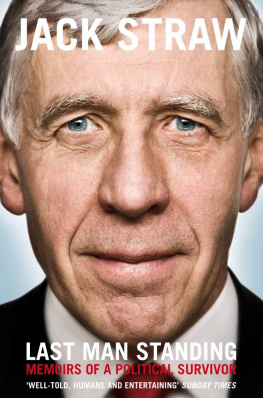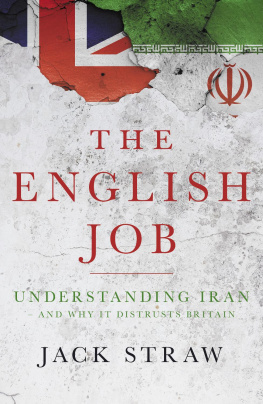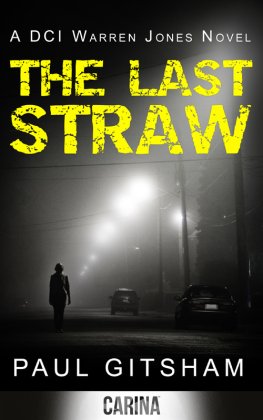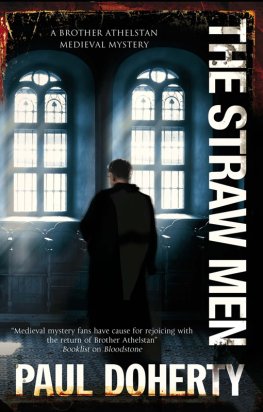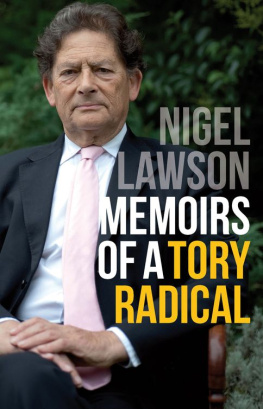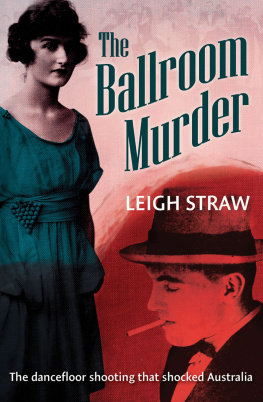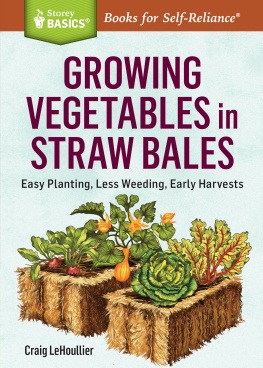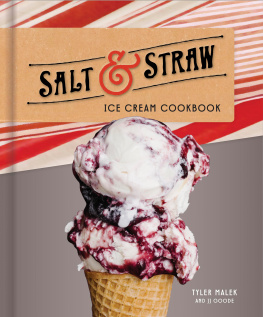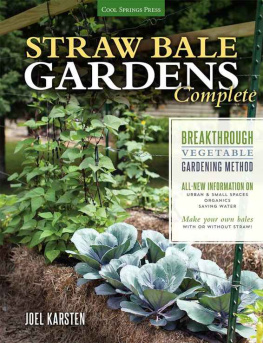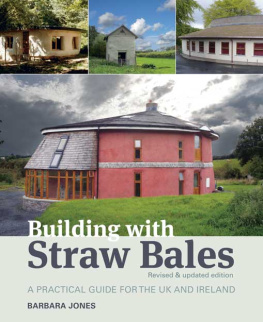
It is not the critic who counts: not the man who points out how the strong man stumbles or where the doer of deeds could have done better. The credit belongs to the man who is actually in the arena, whose face is marred by dust and sweat and blood, who strives valiantly, who errs and comes up short again and again, because there is no effort without error or shortcoming, but who knows the great enthusiasms, the great devotions, who spends himself for a worthy cause; who, at the best, knows, in the end, the triumph of high achievement, and who, at the worst, if he fails, at least he fails while daring greatly, so that his place shall never be with those cold and timid souls who knew neither victory nor defeat.
THEORDORE ROOSEVELT , 26th President of the United States (19011909); Citizenship in a Republic, speech at the Sorbonne, Paris, 23 April 1910
For Alice
INTRODUCTION

I love politics, Parliament, my Blackburn constituency.
Ive been an MP for thirty-three years, at the time of writing. Every day that I see the wondrous mellow stone of the Palace of Westminster my spirits are lifted. Inside the building, I marvel at its inspiration, its combination of the spiritual and the temporal which makes our lives worthwhile.
In this book I seek to honour the practice of the building of politics in a democratic society and reflect on my luck that I have been part of that practice for so long. Politics should be a high calling the means by which we make difficult, sometimes nigh-impossible decisions without resort to violence and bloodshed. In our country, its rooted in the representation of communes the old-French root of Commons where our first duty is to speak for the people of a defined community.
British politics is hard. It can be self-serving, petty. In reputation, politicians rank near the bottom, with journalists, estate agents and bankers. The pressures can be relentless; the toll on ones family oppressive; the brickbats frequent (and the material reward less than for many journalists, estate agents, and certainly bankers). I still think its great. I can think of no other way in which I could have spent my working life that would have brought such setbacks and frustrations, but such satisfactions. Holding high office for thirteen years is an extraordinary privilege. So too is serving on the back benches where, after a thirty-year interval on the front bench, Im much enjoying the wider freedoms I have to think, and to take action, especially on my constituents behalf.
Some may think that my progress was pre-ordained, onwards and upwards at every point. In prospect, it wasnt like that at all. (It is for very few, whether theyre born with a silver spoon in their mouth, or a plastic one.) Ive been lucky, but part of that luck Ive made. I want to tell my story. I want to celebrate politics, spell out why it can make such a difference to peoples lives and draw some of the lessons that Ive learnt for those facing the daily grind of political decision-making.
The further back I look, the further forward I can see, wrote Winston Churchill.
I was alive to the politics of the time in which I was living from a very early age. I have been a voracious reader of histories, and biographies of all kinds. In writing this book I have sought to place what I was doing in the context of wider events and trends. The absence of memory is one of the greatest dangers that our society, and our politics, faces today.
I am blessed with a very retentive memory, but in writing a book of this kind it is rash indeed to rely on that alone. Since school I have built up a large archive of records and papers so large that it fills our basement and my study in our Blackburn home. I have retained all my engagement diaries. I have never systematically kept a personal diary, but I have on occasions kept notes of key incidents and events. For my thirteen years in government I have had access to my Ministerial papers. Hansard, newspapers, political biographies, and other open sources have proved invaluable. Wherever the written record has been inadequate I have sought corroboration from others. Every effort has been made to ensure the factual accuracy of this book. All errors, misstatements and misjudgements, are mine.
Because this book spans six and a half decades, I have had to be highly selective. Some of the most difficult decisions have been over what to omit. I made the judgement that it was better to cover fewer issues and events, but in depth, rather than simply skim the surface of many more. As well as trying to ground my narrative in a wider historical setting, I have also endeavoured to convey what it all felt like at the time.
This book, as with everything I have achieved in my life, would not have been possible without the encouragement, help, and support of many people.
My first debt of gratitude goes to my mother, Joan Ormston, a lioness of a woman who brought up her family of five, single-handed, in straitened circumstances, and was relentless in seeking the best for her children. In her nineties, and frail, she nonetheless was as alert as ever until a month ago, when she suffered a stroke. Fortunately she was able to read the first two chapters, on my childhood, before this and offer some corrections; as did her surviving brother, my uncle Norman, and his wife Beryl, to whom many thanks.
I was closest in age, and in my experience of childhood, to my elder sister Suzy (two years my senior). Tragically, Suzy (otherwise extremely fit) collapsed in late September 2011 from a burst aorta, and died ten days later. My three other siblings Ed, Will and Helen have been very supportive, and I am very grateful to them, as I am to Patrick Carter, my oldest and closest friend.
Mark Mitchell, also a lifelong friend whom I met on my first day at Leeds University, commented in much detail on our time there and in the National Union of Students (NUS). Margaret Wallis, Valerie Hardwick, and her sister Daphne Barry, who each worked at the NUS, were very helpful, as were Nicholas Riddell and Anne Page in respect of our time together on Islington Council.
In Blackburn, some of those who were involved in my selection as the towns Labour candidate thirty five-years ago, or who came on the scene shortly after that, are still active. We have, as it were, grown up together. These include: Phil Riley and his partner Ann Parker, Bill (now Sir Bill) and Anne Taylor, Andy Kay, Sylvia Liddle, Mike Madigan, Adam (now Lord) Patel, Tom (now Lord) Taylor, John Roberts, his partner Kate Hollern (now council leader), Akhtar Hussain, Mohammed Khan, Ibby Master, Maureen Bateson and many many others. It has been a remarkable journey for us all, and I could have done very little without their help and encouragement. That also applies to my staff in Blackburn Anne Higginson, who ran my office for twenty-one years from 1983, and now Damian Talbot, Annette Murphy, Pat Maudsley and Mumtaz Patel.
I was blessed, too, with dedicated and expert staff in London before, and during my time in the Shadow Cabinet my PAs, Jenny Hall, Janet Anderson (later MP Darwen and Rossendale), Judy Ray and Sue Peters; researchers Richard Margrave, Ben Lucas and Alex Cole and Ed Owen. Ed came to work with me in 1993. When I became Home Secretary in 1997 he served as my special adviser, staying until 2005, to be succeeded by Mark Davies. On the policy side, my special advisers in the Home Office were Norman (now Lord) Warner and Justin Russell; in the FCO, Michael (now Lord) Williams, Brian Donnelly and Malcolm Chalmers; and in the Leaders Office and the Ministry of Justice, Declan McHugh.
Next page
